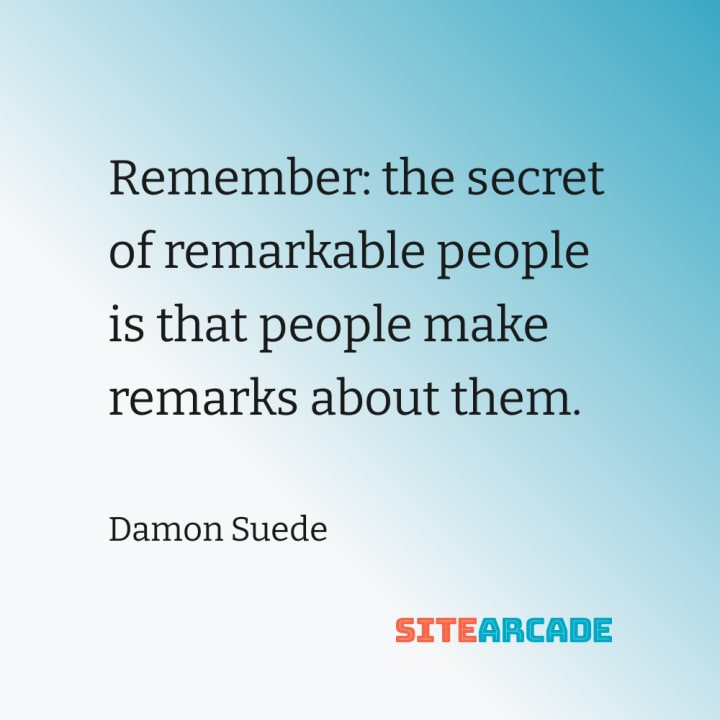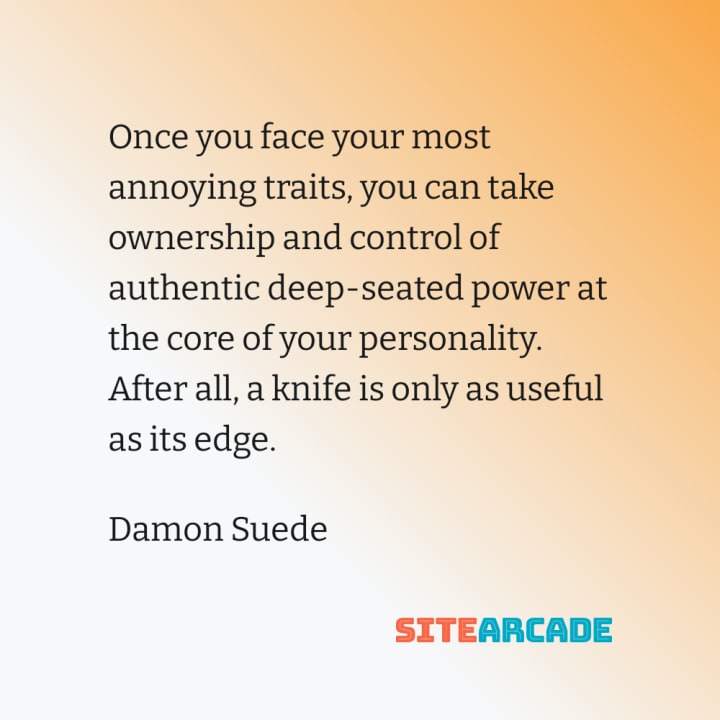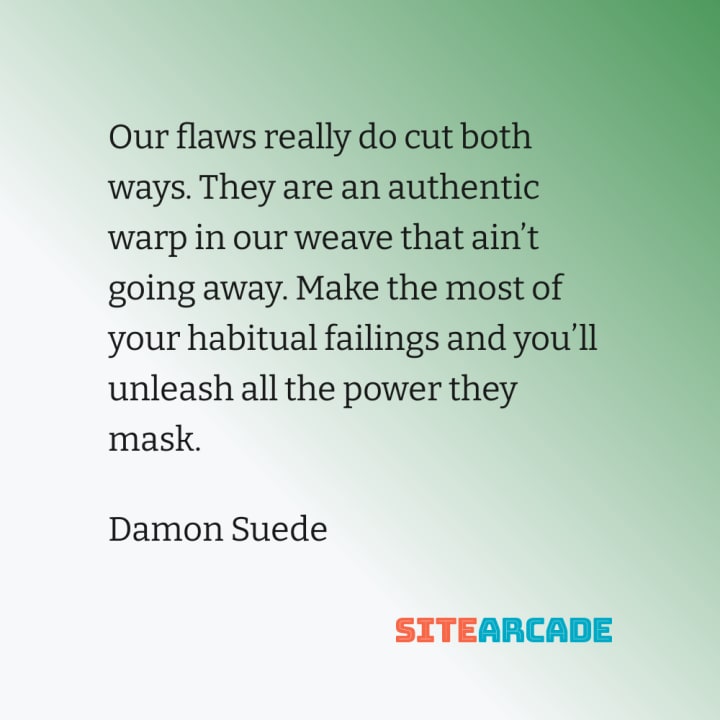Finding Your Professional Edge: Turning Manure into Roses
Discoverability is a marketing concept that’s gained a lot of traction in recent years. As publishing mutates and bookshelves groan under tottering mountains of new titles, authors scramble for ways to boost their signal above the noise. For readers to buy our books, they must first know that our books exist.
As someone who started out writing for film/
Hackery and crowding is rubbing away much of the velvet in the genre landscape. Authors must work harder and harder to get noticed. Print runs are down, readership is mutable, and prolific grifters have demolished goodwill on both sides of the bookshelf.
As biologists remind us, when rats get crowded they start to eat each other.
The consequent negativity has become a serious issue with a devastating impact radius…eroding careers, creativity, and readership. Plenty of lazy jerks grandstand by trolling and trashing bystanders for scraps of attention. In a crowded market that kind of ugly tabloid noise draws eyeballs. Huffy outrage is the easiest emotion to spread online, but it doesn’t actually sell many books. Caveat scriptor.
For a healthy career, you need the right readers to be able to find your books in a noisy, crowded market that seems to get rougher by the day. You have to stand up to stand out…and that means cutting through the dreck.
Hard Truths about Fiction
Let’s get real. Writing a book may be a “personal” triumph for its author but that doesn’t auto-magically make anything a public success. Participation trophies may work at building confidence, but they do just about zero when building an audience. As my mother used to say, “You’re special, just like everyone else.” When it comes to selling your work, that simply won’t cut it.
Wishful thinking leads to impossible expectations in a professional environment and for creatives it’s downright toxic. Everyone cannot be a champion. Every book isn’t a bestseller waiting to happen. Simple math proves that’s ridiculous. Many authors and projects fail miserably because they don’t bother to make the barest effort in the market. Hope is not a strategy.

Here’s a terrible truth: nobody owes you a successful career in genre fiction.
Trouble is, we live in a post-Oprah universe. Reality television continually implies that “real life” is a fiery jamboree of thrilling confrontations, terrible betrayals, and heartwrenching triumphs by suspiciously groomed people with catchphrases and capped teeth. In Reality-TV-land, everyone is an “entrepreneur.” Everyone has a single on Itunes. Everyone gets an agent and licensing deals in Japan. Uh, not quite.
Sadly, reality TV hammers the notion that “anyone can be a star” if they’re lucky. Anyone can become gorgeous, brilliant, talented, and scintillating if they can just get in front of a camera. Small wonder that millions of writers believe that typing words automatically makes them worth reading. Spoiler alert: no such luck.
In case no one has mentioned it recently, “Reality TV” isn’t reality. Everything we do isn’t moving, dramatic, or fascinating. Applause and accolades aren’t a given for anyone, even the deserving. Life without editing, awareness, and art is mostly boring unless someone makes an effort. In publishing that translates into a lot of bruised egos, wasted effort, and pointless typing.
The single greatest sales tool, for all of human history has been word of mouth. We need folks talking about our work to move the needle. Standing out matters…a lot.
In a glutted market, standing out is your job. How can any one author get attention in a beige tsunami perpetuated by idiots and gleeful saboteurs?
Embrace Your Flaws
You are one person. In modern publishing, you’ll never be able to handsell enough books to build a stable career in genre fiction. Someone else has to share that load, and that’s where word of mouth becomes critical. Your devoted readers want to spread that word, want to share your amazing books with all and sundry, but only if you can help them express what makes you so amazing. After all, you’re the wordsmith.
Attracting the attention of editors, agents, and vendors requires being able to point to your unique appeal. To claim your space on the genre bookshelf, you must help fans articulate what is special about you. If your goal is to create work that tests your mettle and changes the landscape, you must take the risks of which only you are capable. You have to cut through doubt and confusion.
You need an edge.
I don’t use that word lightly. A knife is only as useful as its edge, and yet, that is also its most dangerous and delicate area. Because edges see continual use, they chip, dull, and break. They must be continually honed and cleaned, sheathed and shielded lest they injure innocent bystanders…or worse. A blunt edge will land its knife in the bin because a sharp edge is what gives a knife its name and utility. Moreover, different kinds of edges lend themselves to different tasks, different goals.
What about your edge? When it comes to professional interests, identify the unique trait you have that is most likely to cause damage and discomfort. THAT is your edge and it cuts both ways. None of us are perfect and many of us can be casually destructive before we learn to harness our abilities. Consciously or instinctively, you’ve probably been leaning on your edge for most of your life. Use it. Find your edge and start to map its uses and dangers.

Worried that you aren’t remarkable? Pay attention to people’s remarks about you. Disapproval can point you in the right direction, because your most aggravating quality often broadcasts your greatest asset. Ask yourself: what makes you extraordinary? Remember: the secret of remarkable people is that people make remarks about them.
Strengths and virtues are all well and good, but if you have any doubts about what kind of edge you have, find that relentless habit in you that irritates people. That lifelong friction pinpoints what makes you unique and highlights the characteristic that will make you successful. As Cocteau says, “What the public criticizes in you, cultivate. It is you.” The things that make each of us stand out are exactly those qualities that rock the boat and disturb the peace. Flip the rock and see what squirms:
- What habits do you abhor or fear within yourself? How do you hide or camouflage them?
- What are your worst, unshakeable habits? What trait gives rise to them?
- How does that personal characteristic disrupt and disturb the status quo?
- How have you used this essential quality to excuse bad behavior in the past?
- What are the positives buried within that unhelpful tendency?
Perfection is a myth. We all suck at something. Every silver lining comes with a cloud and no happy ending solves the world’s problems for good. We all have traits which don’t blend well in community settings. Each one of us carries flaws and foibles that others find annoying, frustrating, or infuriating. Own your imperfections and you wield a sword that cuts both ways.
Please don’t imagine I’m advocating bad behavior. Acting like a jerk or a hack or a troll accomplishes nothing good personally or professionally. Instead look for the primal spark you can’t always control, that take or trait that drives people bonkers when you’re at your worst.
Face your demon! Harness that impulse, direct it properly, and your edge will do more for your promo than all the ads, swag, and glad-handing in the world.
Cut through the Noise
Your job is to write great books and make sure they find the right audience, full stop. By definition, your edge cuts through the forgettable mediocrity in the market so folks can find you and become fans. Knowing that primary, annoying idiosyncrasy you’re known for is the surest way to minimize the damage it’s constantly doing to your career.
Transmuting that negativity does double duty. On the one hand, it redirects negative perceptions so that your efforts aren’t wasted or misconstrued. On the other, criticisms are always easier to hear than complements. Once you face your most annoying traits, you can take ownership and control of authentic deep-seated power at the core of your personality. After all, a knife is only as useful as its edge.

Another critical point: your edge is a constant behavior you can barely control because it is fundamental to your nature. IF you could control this irritating, perennial flaw you would but no matter how many folks complain, you obviously cannot,. IF people could ignore this defect they would, but they obviously cannot. IF this core habit could be broken, you would’ve managed it a long time ago, but get real.
Your edge is relentless. In practical, professional terms, that means this weird foible/
As Cocteau put it, “One is either judge or accused. The judge sits, the accused stands. Live on your feet.”
Don’t focus on your flaw as a “weakness.” Think about it as the powerful point on which you can pivot yourself. Transform that core behavior into a professional guarantee which reflects your brand at all times in a positive, engaging, dynamic way. Give your fans something wonderful to talk about.
- If you tend to deflect attention and huddle in corners, redirect unwanted attention by enthusing about other authors.
- If you’re manic and intense, help get lazy stragglers on their feet and in the mix.
- If you’re a jokey babbler, use your volubility to encourage shyer, quieter folks.
- If you’re slow and methodical, help people focus on the beauty and wisdom they’d otherwise miss.
- If you’re a bossy nitpicker, provide structure for the scatty improvisers in your circle.
Help the public see your work clearly and steer them past wrong impressions. Contextualize perceived downsides as unexpected strengths and unique virtues. Take ownership of your idiosyncrasies and they will become your greatest assets. Set yourself up for positive interactions by embodying your authorial voice, loud and clear!
Your Shadow Makes You Shine
Here’s the best part: you aren’t alone. BY definition, genre is a collaborative enterprise. As colleagues around you develop their own professional edge, the reciprocal benefit is exponential. Our repurposed faults compliment and supplement everyone else’s. Not only will you help your own career, but every other career in your orbit. Win-win ad infinitum. Look for the places where your irritating trait becomes the edge which opens up possibilities for the community.
- What misconceptions or negative impressions can you head off at the pass?
- How does your edge amplify the core appeal of your brand and your work?
- Where does that edge influence your voice and your books?
- How can you reboot public perception and adapt for future interactions?
- Who can you help with your unique approach to the genre?
For readers to find our books, we embrace our genre’s community while making it clear why our books might matter. The shadows matter as much as the shine.
People need genre fiction because life is rarely fair and endings aren’t always happy. Character lives are fascinating because most people feel bored and boring a lot of the time. Embrace the things about yourself that are neither. Move them! Entertain them! Fascinate them!
Unfortunately, the same bilious pop-culture mindset that’s taught everyone that success is inevitable and everyone can be a superstar continually tries to homogenize its audience to make sure the punters stay put.
Stand up! In case you haven’t noticed, fascinating, heroic geniuses don’t sit on the sofa watching telly six hours a day binging on complex carbo yum-yums. To battle monsters, change minds, win prizes, and earn acclaim you have to actually do something worth remembering. Being an artist is not a right or a disability. Another truth that reality television carefully buries to keep everyone on the couch.
Our flaws really do cut both ways. They are an authentic warp in our weave that ain’t going away. Make the most of your habitual failings and you’ll unleash all the power they mask. Like Prospero with Caliban, you should embrace your detriments and release them: “This thing of darkness I acknowledge mine.”
Your professional edge can cut a sharp, sure path toward the kind of success that matters most to you.
